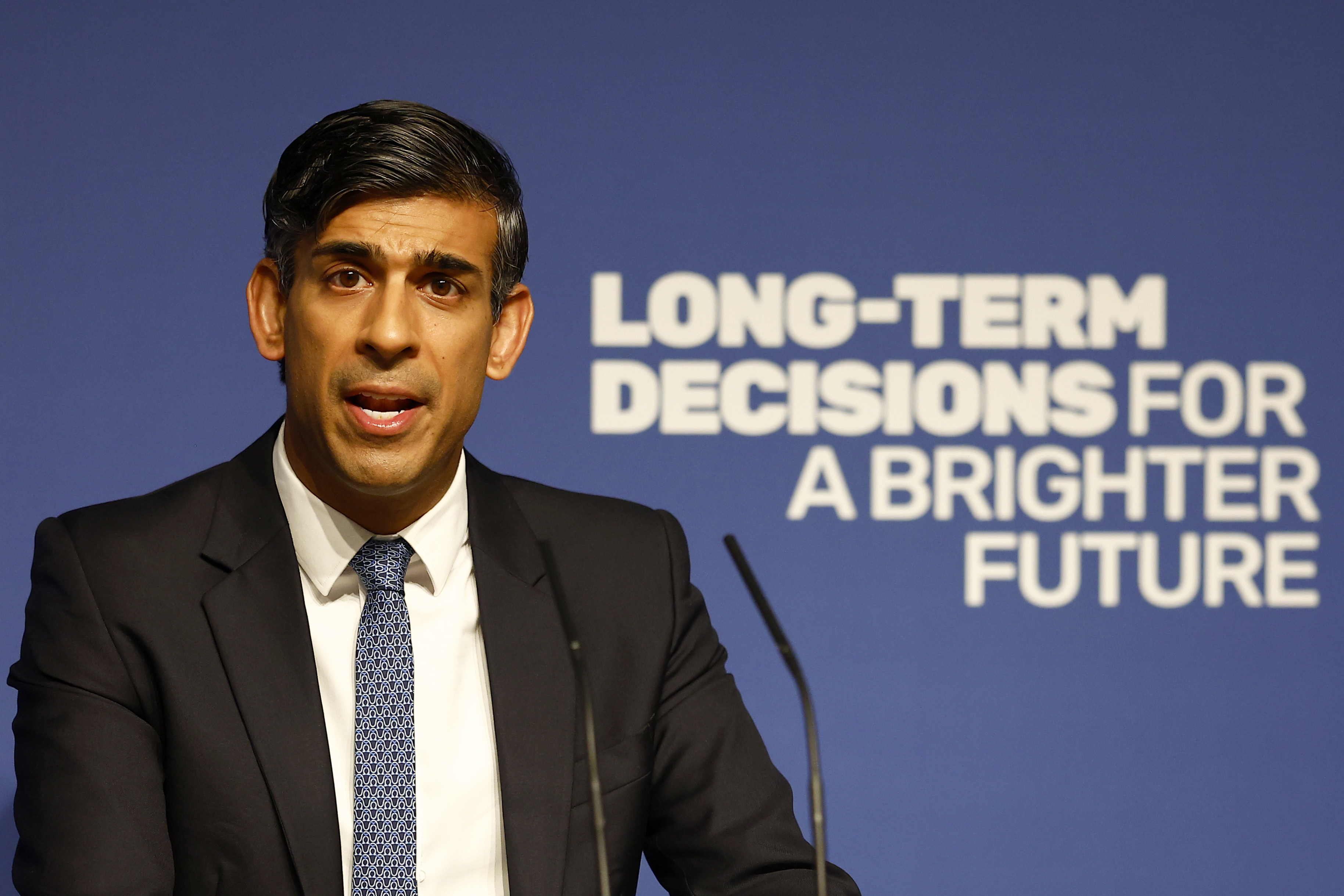Government wants to store all text, email and browsing data
The information will be used by police for crime fighting, but also other government bodies such as health authorities and the Post Office.

The Government will store "a billion incidents of data exchange a day" as details of every text, email and browsing session in the UK are recorded under new proposals published yesterday.
The information will be made available to police forces in order to crack down on serious crime, but will also be accessible by local councils, health authorities and even Ofsted and the Post Office.
One example of crime prevention using the data given in the consultation document is that of the Child Exploitation and Online Protection agency, which targets sexual abuse of children.
"The vast majority of CEOP's work is by resolution of IP addresses, e-mail addresses and increasingly mobile phone numbers. During the period March to June 2008 CEOP identified 96 suspects (who have been arrested) and safeguarded 30 children through the use of internet related data," explained the consultation document, which goes on to explain that petty crime and even instances of self harm will be tackled using the new measures.
Another example was given in which a UK citizen had been talking in an internet chatroom about self-harming, when local police tracked down his address via his IP number and ISP and intervened to save him.
However, the information will also be made available to local councils, health authorities and other Government bodies such as Ofsted.
"The main reason for it is to assist in the investigation of crime," said a Home Office spokesperson. "Each local council can make a decision for themselves on what is the most interest to them."
Get the ITPro daily newsletter
Sign up today and you will receive a free copy of our Future Focus 2025 report - the leading guidance on AI, cybersecurity and other IT challenges as per 700+ senior executives
The move has attracted criticism from the Conservatives, however, including Dominic Grieve, the Shadow Home Secretary.
"Yet again the Government has proved itself unable to resist the temptation to take a power quite properly designed to combat terrorism to snoop on the lives of ordinary people in everyday circumstances."
-
 Asus ZenScreen Fold OLED MQ17QH review
Asus ZenScreen Fold OLED MQ17QH reviewReviews A stunning foldable 17.3in OLED display – but it's too expensive to be anything more than a thrilling tech demo
By Sasha Muller
-
 How the UK MoJ achieved secure networks for prisons and offices with Palo Alto Networks
How the UK MoJ achieved secure networks for prisons and offices with Palo Alto NetworksCase study Adopting zero trust is a necessity when your own users are trying to launch cyber attacks
By Rory Bathgate
-
 ‘Archaic’ legacy tech is crippling public sector productivity
‘Archaic’ legacy tech is crippling public sector productivityNews The UK public sector has been over-reliant on contractors and too many processes are still paper-based
By Emma Woollacott
-
 Public sector improvements, infrastructure investment, and AI pothole repairs: Tech industry welcomes UK's “ambitious” AI action plan
Public sector improvements, infrastructure investment, and AI pothole repairs: Tech industry welcomes UK's “ambitious” AI action planNews The new policy, less cautious than that of the previous government, has been largely welcomed by experts
By Emma Woollacott
-
 UK government trials chatbots in bid to bolster small business support
UK government trials chatbots in bid to bolster small business supportNews The UK government is running a private beta of a new chatbot designed to help people set up small businesses and find support.
By Emma Woollacott
-
 The UK's hollow AI Safety Summit has only emphasized global divides
The UK's hollow AI Safety Summit has only emphasized global dividesOpinion Successes at pivotal UK event have been overshadowed by differing regulatory approaches and disagreement on open source
By Rory Bathgate
-
 Rishi Sunak’s stance on AI goes against the demands of businesses
Rishi Sunak’s stance on AI goes against the demands of businessesAnalysis Execs demanding transparency and consistency could find themselves disappointed with the government’s hands-off approach
By Rory Bathgate
-
 UK aims to be an AI leader with November safety summit
UK aims to be an AI leader with November safety summitNews Bletchley Park will play host to the guests who will collaborate on the future of AI
By Rory Bathgate
-
 AI-driven net zero projects receive large cash injection from UK gov
AI-driven net zero projects receive large cash injection from UK govNews Funds have been awarded to projects that explore the development of less energy-intensive AI hardware and tech to improve renewables
By Rory Bathgate
-
 Who is Ian Hogarth, the UK’s new leader for AI safety?
Who is Ian Hogarth, the UK’s new leader for AI safety?News The startup and AI expert will head up research into AI safety
By Rory Bathgate